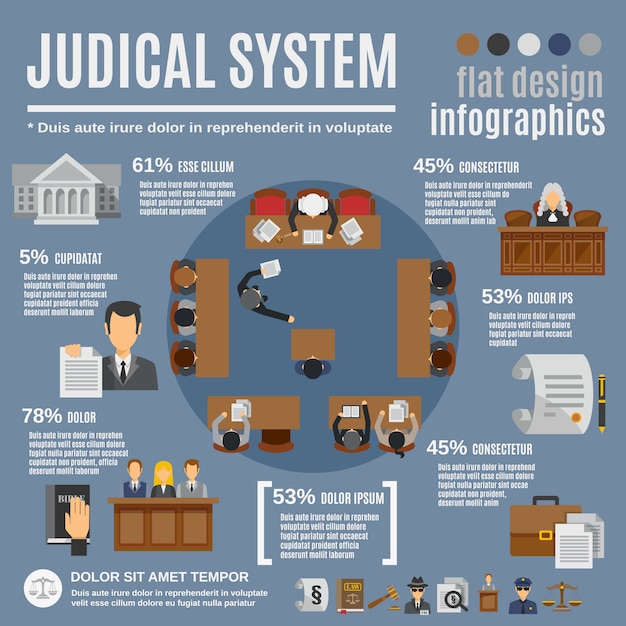What To Anticipate: The Chronology Of A Typical Divorce Situation
What To Anticipate: The Chronology Of A Typical Divorce Situation
Blog Article
Content Develop By-Krebs MacKinnon
As you start the trip of browsing a separation case, you may find yourself wondering about the timeline that lies in advance. From the initial stages of submitting documents to the complexities of arrangement and the capacity for a trial, each action holds its very own collection of difficulties and unpredictabilities. Recognizing the series of events can assist you prepare for what's to come and expect the weaves that may develop along the way.
Preliminary Declaring and Solution of Papers
When starting the separation process, the primary step is the preliminary filing of the necessary files with the court. family law attorney Miami begins the legal treatment and sets the divorce case in motion. You must submit forms that describe the grounds for divorce, assets, obligations, revenue, costs, and any other relevant details needed by the court.
After submitting these papers, duplicates must be offered to your spouse, notifying them of the divorce process. This service can be done with a process server, constable's workplace, or certified mail, making sure that your partner is formally alerted of the separation situation against them.
As soon as the documents are filed and served, the court will give a case number and appoint a judge to oversee the situation. It's crucial to precisely finish and file these files, as any mistakes or omissions can postpone the divorce process.
This preliminary action lays the foundation for the legal dissolution of your marital relationship, noting the beginning of a potentially difficult but necessary procedure.
Discovery and Negotiation Phase
Throughout the Exploration and Arrangement Phase of a divorce situation, both celebrations engage in gathering information and exchanging relevant papers to better recognize each other's economic scenarios and other significant details. This stage is crucial as it establishes the foundation for negotiations and prospective settlement contracts. With techniques such as interrogatories, requests for production of records, and depositions, each event aims to discover facts, possessions, financial debts, and various other essential details that might impact the situation's result.
Negotiations throughout this stage frequently include conversations on various concerns like residential or commercial property department, kid guardianship, visitation routines, and financial backing. Both celebrations might work with their attorneys to discover negotiation choices, possibly avoiding the demand for a test.
Mediation or joint law processes may additionally be used to facilitate effective conversations and reach mutually acceptable contracts. It's essential to approach this phase with openness, sincerity, and a desire to jeopardize to accomplish a smoother resolution and decrease the emotional and financial toll of a prolonged court battle.
Trial and Last Resolution
Moving forward from the Discovery and Negotiation Stage, the Test and Final Resolution phase marks the conclusion of your separation case. This phase is where unsolved issues are brought prior to a judge to make final decisions on matters like asset division, kid custody, and assistance. The trial normally includes presenting proof, witness testaments, and legal arguments to support your instance.
During informative post , both celebrations will certainly have the opportunity to present their settings and counterarguments. It's critical to be prepared, as the court's choice will considerably influence the final end result of your separation.
Complying with the trial, the judge will release a final judgment that describes the regards to the divorce, including any type of monetary settlements and custodianship arrangements.
Once the judgment is provided, the separation is finalized, and both parties are lawfully bound by its terms. While the trial stage can be difficult and emotional, it's a necessary step towards reaching a final resolution and moving on with your life post-divorce.
Verdict
Finally, navigating a divorce situation involves a collection of steps from submitting initial files to reaching a last resolution. Recognizing the timeline of occasions can help you get ready for what to anticipate throughout the process. By being proactive, looking for lawful guidance, and remaining educated, you can navigate the intricacies of divorce procedures with confidence and clarity.
